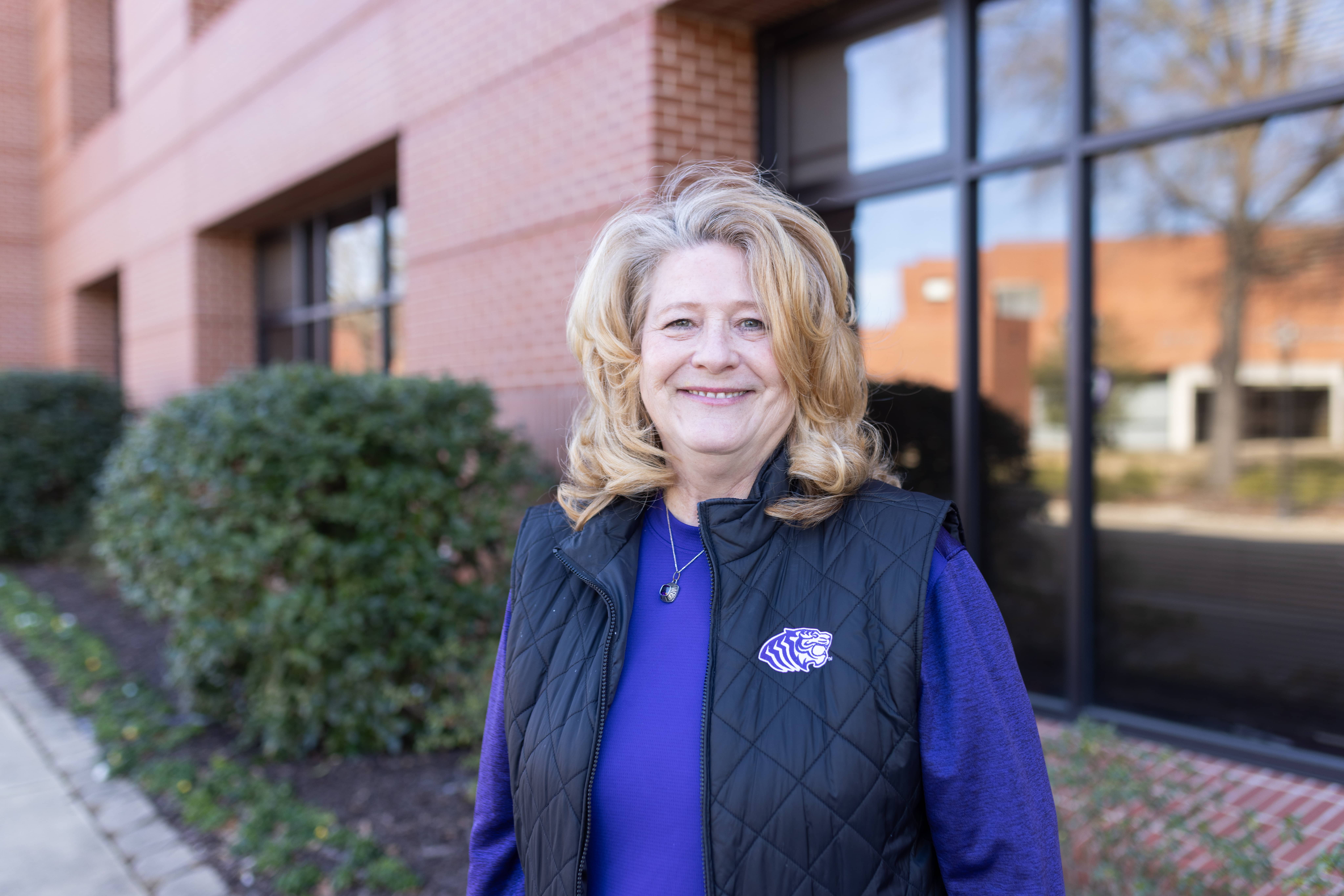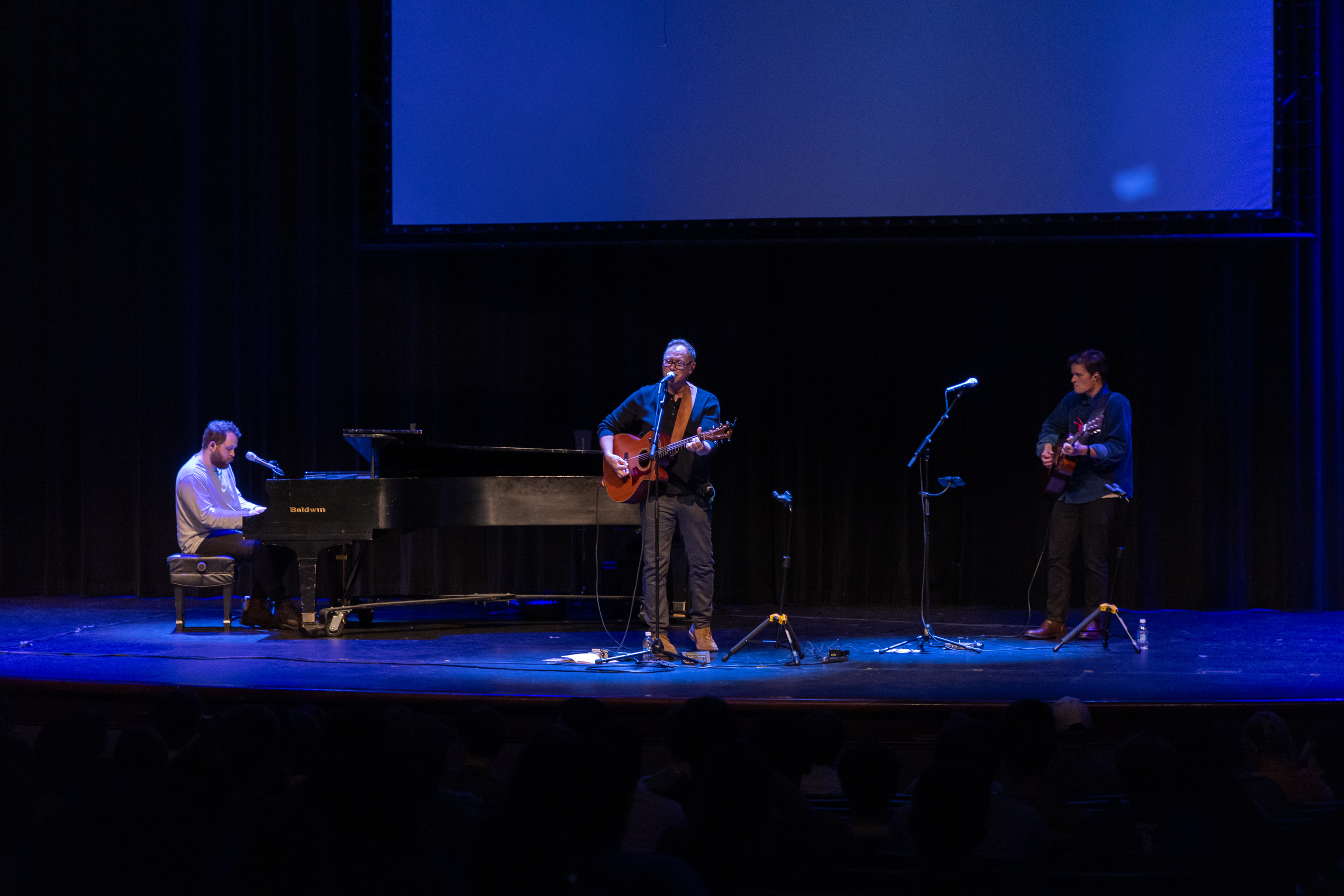Universities can use a number of different technologies to survey how well the school is servicing its students. This spring Ouachita is using the National Survey of Student Engagement (NSSE).
“It’s a survey that’s designed to help universities determine how effectively they are engaging students in their educational process,” said Dr. Stan Poole, vice president of academic affairs dean of interdisciplinary studies.
The survey was used once before, in the spring of 2006.
According to Dr. Doug Reed, associate vice president of academic affairs and professor of political science, “over 400 different institutions participate” in the annual survey.
“Over time it has gained a pretty good following and there are a lot of universities that use it,” Poole said. “In that way, it allows you to compare the responses you get from students at your institution with those at other institutions. It becomes kind of a benchmark, a way of measuring what you are doing.”
All currently enrolled students classified by hours as freshmen or seniors should have received an e-mail Feb. 9 inviting them to anonymously take the NSSE. A follow-up e-mail was sent Feb. 17, and more will be sent in the coming month until students complete the survey.
Students are encouraged by Poole and Reed to take the NSSE.
“This is one of the ways that we examine our academic program and therefore when students respond, it gives us information on how we can better serve our students,” Poole said.
Reed said the survey is useful in that it “gives us some sense about changes over time,” and the “fundamental reason that you do this is you want to get better.”
“We all have anecdotal information,” Reed said. “We can all point to a specific situation … ‘Here’s a great experience, this student was able to study over seas, this student was involved in a mission trip.’ We can do that on an individual basis. But I think one of the things that this allows us to do is put that in a broader context.”
Although seniors may not be around to see improvements made, it is still important for them to respond.
“What they’re trying to figure out is what is the level of engagement of students in their first year of college, and then what is their level of engagement as they’re about to finish their college career,” Reed said.
The survey’s questions cover academic topics such as class involvement and participation, coursework emphases — including memorizing, analyzing and applying — and class workload. It also asks about extracurricular activities and attendance at events, relationships with people at the school and the general experience of attending Ouachita.
Seven-hundred forty students were sent the survey. As of Wednesday afternoon, 267 people had taken the survey.
“What we need is the students to take the time to fill it out,” Reed said. “Response rate is very, very important.”
The survey takes about 15 minutes to complete.
“The more we can get students’ responses,” Poole said, “the better we are in terms of being able to evaluate what we are doing and come up with strategies to improve.”




